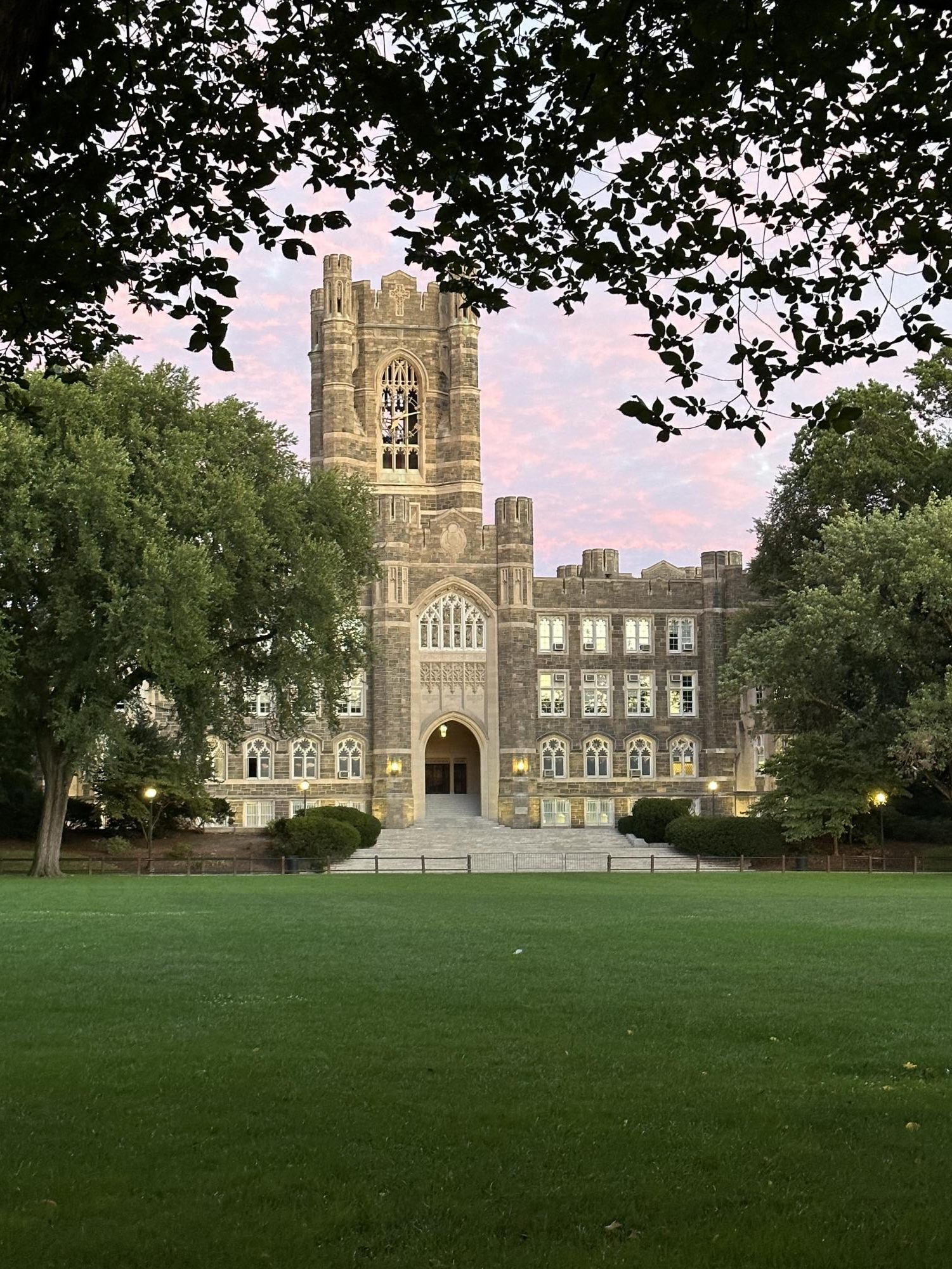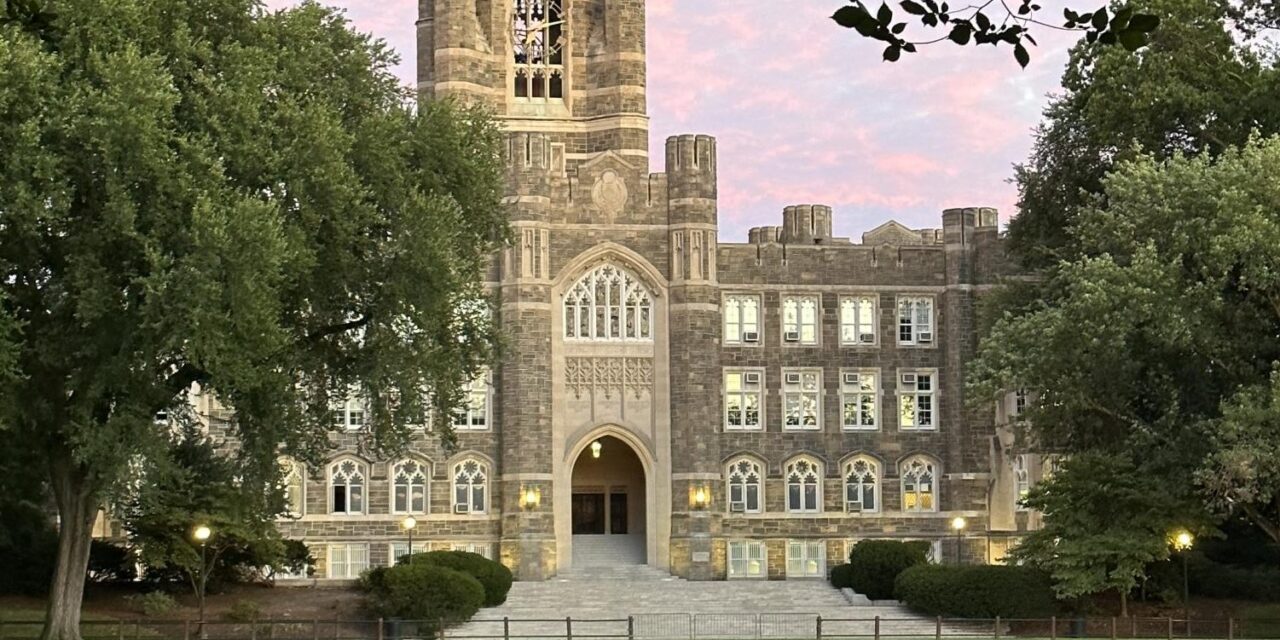
A legal advocacy group called The Equal Protection Project (EPP) recently filed a complaint at the Office for Civil Rights of the United States Department of Education. The complaint is classified as a discrimination complaint, claiming that Fordham University offers scholarships based on race and ethnicity which favor Black and Latino students over white and Asian students. The complaint specifically mentions specific examples including Fordham’s Diversity Fund and the Fordham Scholarship. William A. Jacobson, the organization’s founder, explained that this move was due to the department’s jurisdiction, as Fordham does receive government funding.
The EPP states their mission to investigate wrongdoing, educate the public and litigate when necessary. Their guiding principle is that there is no good form of racism, and the remedy for racism is never more racism. The group has made similar complaints regarding other schools, such as The State University of New York at Albany and Buffalo.
“At the Equal Protection Project, we seek to hold schools accountable to the federal civil rights laws,” Jacobson stated. “Here, we have challenged three scholarships at Fordham that discriminate on the basis of race, color and national origin.”
He further explained that the goal of filing the complaint, as well as others they submit, is to change unlawful behavior. Jacobson states that in approximately half of the cases the EPP has pursued, the school changes the terms and conditions of the scholarships cited. “That is our hope here, that Fordham will recognize the error of its ways and self-correct. We also seek to have such remedy confirmed by the Office for Civil Rights, to make sure it does not happen again,” Jacobson said.
The Fordham scholarship mentioned is a full tuition scholarship awarded to entering first-year students for eight fall and spring semesters. To be considered for the scholarship, applicants must have been designated as semifinalists by the National Merit Recognition Program or Scholars by the National Hispanic Recognition Program, National African American Recognition Program, National Indigenous Recognition Program, National Rural and Small Town Recognition Program or National First-Generation Recognition Program.
When asked to explain where the EPP found issue with this, Jacobson said, “The wording of the Fordham Scholarship on Fordham’s website suggests either a racial and ethnic restriction or at minimum that certain designated racial and ethnic groups have means for qualifying not available to students who are not members of those groups.” He stated that the scholarship should be race and ethnicity neutral.
Fordham Graduate student, Stephanie Reyes, disagreed with the idea of eliminating these scholarships at Fordham. “The diversity fund and minority scholarships make Fordham more accessible for first generation and BIPOC students who are historically lower income and could not afford tuition otherwise. These scholarships help make our school more diverse,” she commented.
When a complaint is filed, the Office for Civil Rights will evaluate the complaint to decide if it warrants investigation. If the complaint goes to investigation, they send a letter to both the complainant and the school.
The university has declined to comment as they have not received word of the complaint from the Office for Civil Rights.


